Room Pressure Measurement in Hospitals
If you are looking for a hospital room pressure monitoring system that helps you and your team eliminate manual logging, improve compliance readiness, and protect all your temperature-sensitive assets, you’ve arrived at the right place.
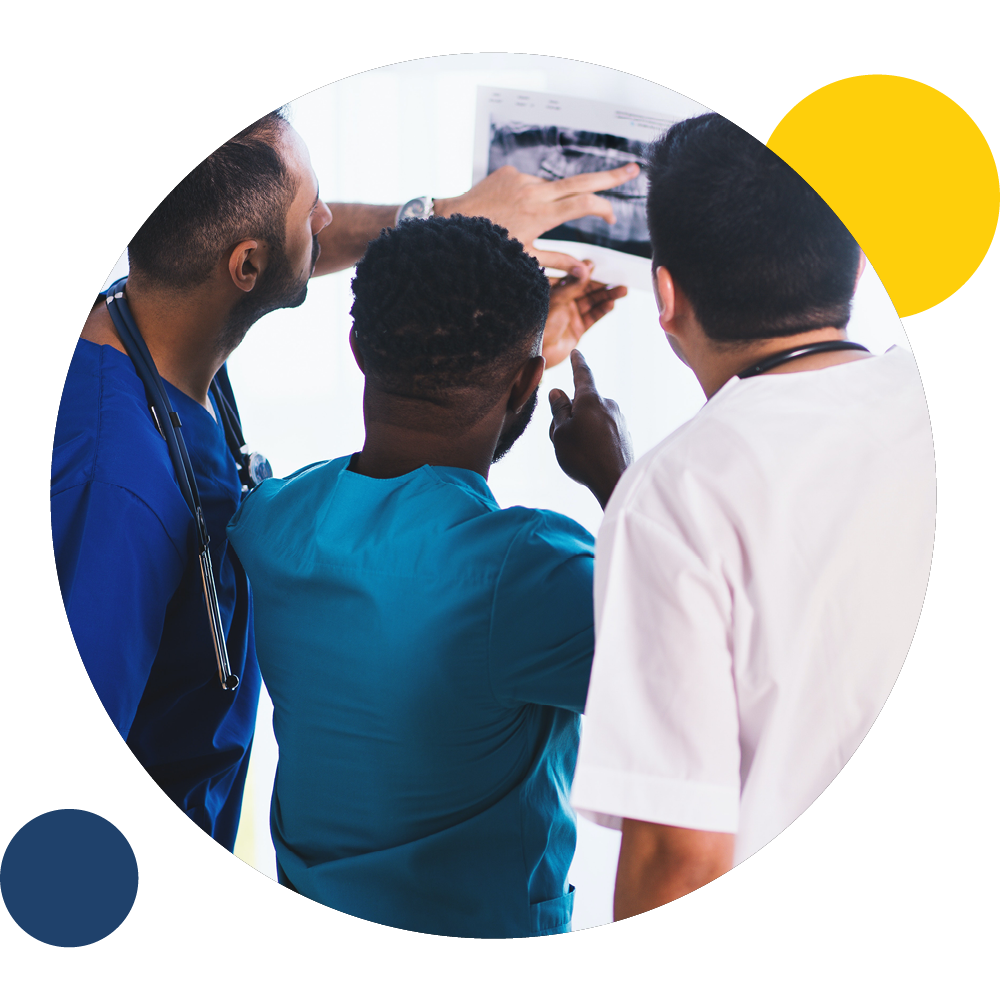
Let us help you evaluate your needs!
- Safety: Alerts via text, email, push notifications and phone calls to protect your precious assets
- Compliance: Automated compliance reports
- Efficiency: Reduced Manual Logging and time spent on reports
And what makes us different?
- Lifetime Warranty: Never buy hardware again!
- Unlimited Users: Scale across your entire organization
- Connectivity Flexibility: Wi-Fi, Cellular or Data Hub
- Phone call alarms: Alerts won't get ignored
- Mobile App: 500 Freezers in your pocket
- Facility monitoring: Simple to add water leak, door open, occupancy, and even IAQ monitoring
Engineered in Indiana with U.S.-based support.
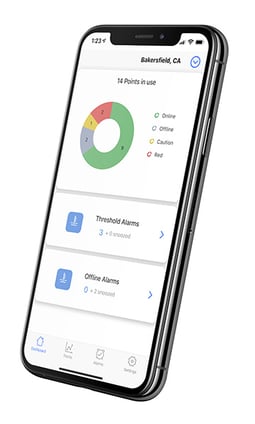
See What Customers Say About Sonicu
Asset Protection. Compliance Automation. And Reduced Manual Processes.
Sonicu serves thousands of professionals at hundreds of organizations across North America by improving how they monitor and manage their most sensitive assets and environments.
Professionals from healthcare, life science, laboratory and cold chain facility management turn to Sonicu to help them improve the way they do business.
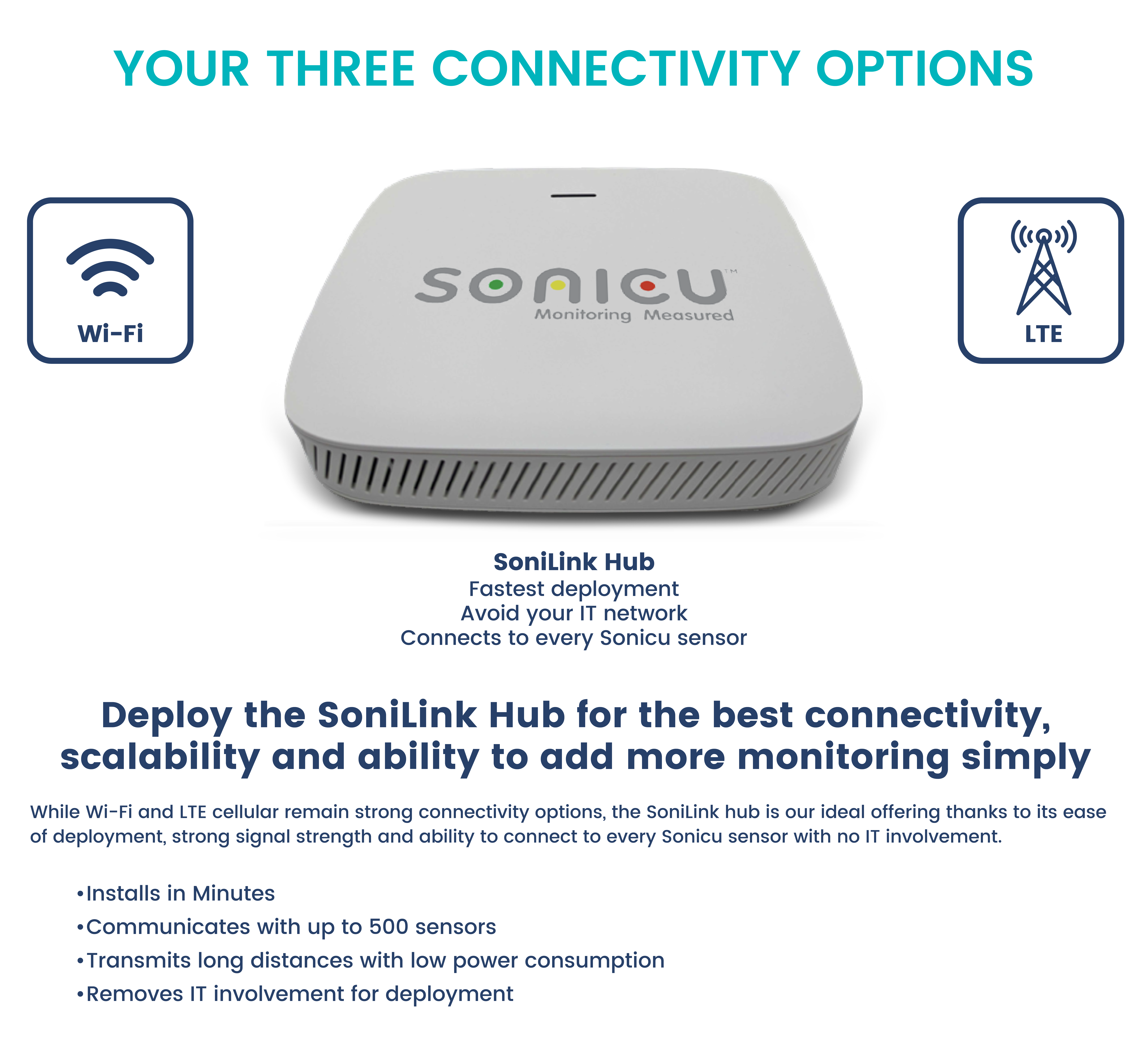
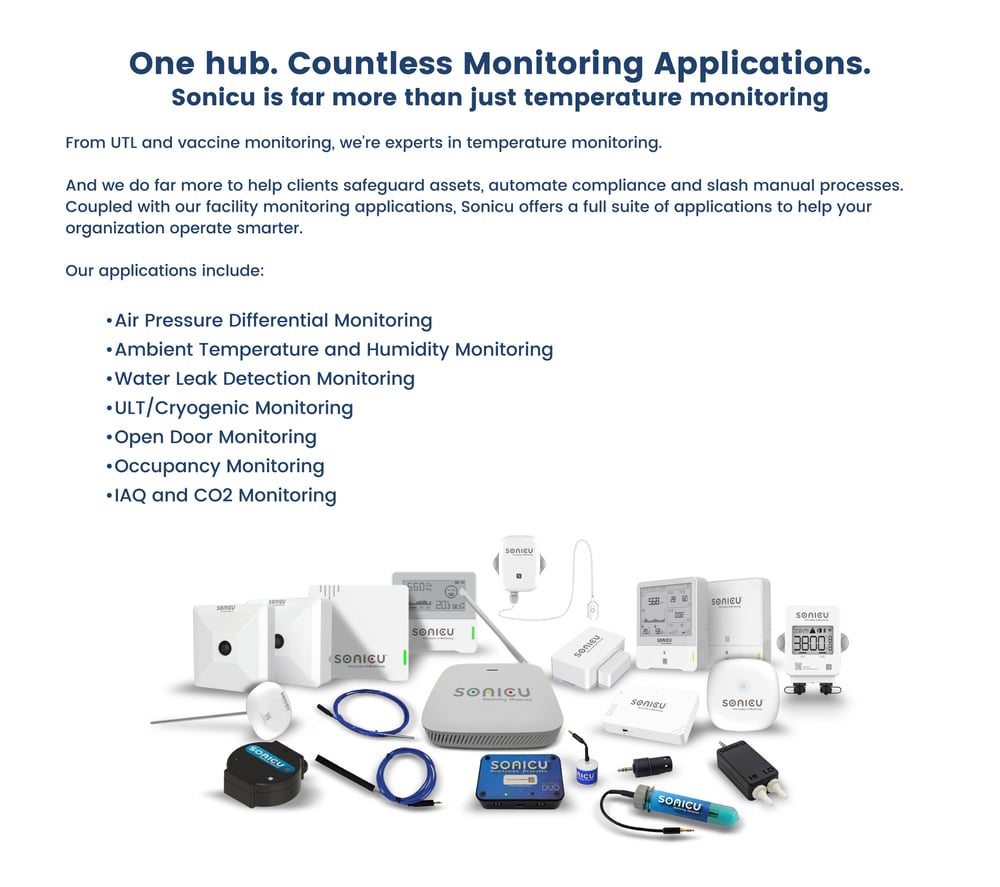
Unlocking Excellence: The Unseen Power of Room Pressure Measurement in Hospitals
The practice of monitoring room pressure in hospitals is an integral part of maintaining a safe and efficient healthcare environment. This practice serves several essential purposes and impacts the operation of healthcare facilities in various ways.
First, negative pressure rooms are used for patients with airborne contagious diseases like tuberculosis. This prevents the pathogens from escaping into other parts of the hospital. Positive pressure rooms are used for patients with compromised immune systems to keep pathogens out.
Regulatory bodies in many countries also require the regular measurement and documentation of room pressures to ensure patient safety.
Operating rooms generally have positive pressure to reduce the possibility of outside contaminants from entering.
Proper room pressure contributes to better climate control and thus increases patient comfort.
In pharmacies within hospitals where medications are prepared, specific pressures are also essential to prevent contamination.
Certain medical supplies may require storage at a particular pressure to maintain their efficacy.
Regular pressure measurements can provide an early alert for maintenance issues, preventing potential downtime and costly repairs.
Efficiently managed pressure differentials can also lead to energy savings, which is crucial for managing operational costs.
On the other hand, ensuring the correct pressure prevents cross-contamination, thereby reducing hospital-acquired infections.
You can learn more about how our software helps compliance professionals in these case studies:
Boy Scouts: Protecting Campers from a Temperamental Walk-in Cooler
Problem: An aging walk-in cooler failed at a remote campground in Ohio, causing significant food loss and logistical challenges for the Boy Scouts.
Solution: Sonicu provided a system that was easy to install, connected with a mobile app, affordable for a non-profit budget, and automated the required manual logging.
Hamilton County, Indiana Health Department: Vaccine Monitoring
Problem: The need to protect vaccines from temperature excursions and meet state compliance requirements with an outdated analog system.
Solution: Implemented a new monitoring system with a mobile app and robust support, enhancing the management of remote COVID-19 vaccination programs.
Katherine Shaw Bethea Hospital: Pharmacy Monitoring for Remote Clinics
Problem: After a freezer failure led to a loss of drugs, the pharmacy director needed a reliable and simple monitoring solution for multiple remote clinics.
Solution: Adopted Sonicu's temperature monitoring system, enhancing audit readiness and deploying a mobile app to employees across clinics in Illinois.
Well-maintained pressure environments can also speed up the preparation time between surgeries and reduce the time required for certain treatments, thereby improving throughput.
Protecting healthcare staff from potentially hazardous conditions improves morale and reduces turnover.
Accurate room pressure data helps hospital management make better decisions regarding resource allocation.
Non-compliance can also lead to legal repercussions and damage to a company's reputation, which can have a long-term impact on a facility's viability.
Lastly, reduced infection rates mean shorter stays and less medication, which translates to lower operational costs.
Room pressure measurements in hospitals are crucial for multiple reasons ranging from patient safety and compliance to operational efficiency and cost-effectiveness. The impact of this process on the smooth running of healthcare facilities is both direct and substantial.
Founded in 2008 in Greenfield, Indiana, Sonicu began manufacturing noise monitors to protect vulnerable infants in neonatal intensive care units, and has evolved to monitor and protect a diverse set of sensitive conditions and environments such as room pressure.
What kind of equipment is used to take room pressure measurements in hospitals?
The equipment and systems used for taking room pressure measurements in healthcare settings are diverse, often employing sophisticated technologies to ensure accuracy and reliability.
- Manometers
- Simple devices used for basic pressure readings.
- Digital manometers are more accurate and easier to use than their analog counterparts.
- Pressure transducers
- These sensors convert pressure into an electrical signal, offering high levels of accuracy.
- Differential pressure gauges
- These measure the difference in pressure between two points and are especially useful in settings like operating rooms where positive pressure is maintained.
- Room pressure monitors
- These are specialized systems that continuously monitor room pressure, often providing alerts and data logging capabilities.
- Building management systems (BMS)
- These are advanced systems that integrate room pressure measurements with other elements like temperature and humidity controls, often for an entire building or complex.
- Automated airflow control systems
- These systems can automatically adjust airflow to maintain desired room pressure, usually through variable air volume (VAV) controls.
- Wireless monitoring systems
- These use wireless sensors to monitor room pressure, making it easier to install and manage.
- Sensors
- Various types of sensors like piezoelectric sensors, capacitive sensors, and resistive sensors are used based on the specific application.
- Data logging and analytics
- Modern systems can log data over time for analytics and regulatory compliance.
- IoT (Internet of Things)
- IoT devices can be used to remotely monitor room pressure, making it easier for healthcare providers to keep track of multiple rooms from a centralized location.
- Alarm systems
- Both auditory and visual alarm systems can be integrated to alert when the room pressure deviates from set parameters.
- Calibration technologies
- High-end equipment often comes with self-calibration features to maintain accuracy over time.
- Mobile applications
- Some modern systems come with mobile apps that allow for remote monitoring and control.
- Cloud storage
- Data can be stored in the cloud for easy accessibility, especially useful for large healthcare facilities with multiple locations.
- Interoperability
- The ability to integrate with other hospital systems, such as Electronic Health Records (EHR), for streamlined operations.
The proper measurement and monitoring of room pressure in hospitals rely heavily on a blend of traditional and modern technologies. This ensures not just compliance with regulations but also enhances safety and operational efficiency.
What are the pain points that room pressure measurement in hospitals effectively resolves?
To begin with, airborne pathogens can easily spread in a hospital setting, leading to Hospital-Acquired Infections (HAIs). Room pressure monitoring helps to effectively isolate areas, preventing the spread of airborne diseases.
Failure to comply with local, national, or international standards can also lead to fines and legal consequences. Automated monitoring and data logging capabilities ensure ongoing compliance with regulations, serving as proof during audits.
Manually adjusting ventilation and checking pressure in each room is labor-intensive. Automated systems can regulate room pressure without manual intervention, freeing staff for other essential duties.
Delayed room preparation between patients can also lead to bottlenecks. Automated systems can quickly adjust room pressure and ventilation, speeding up the room preparation process.
Healthcare staff are at risk when treating patients with contagious diseases. Negative pressure rooms ensure that healthcare workers are less exposed to harmful pathogens.
Inefficient use of heating, ventilation, and air conditioning (HVAC) systems can be costly. Modern pressure monitoring systems often come with energy-saving features that help manage utility costs.
Some medicines and medical supplies also require specific environmental conditions for storage. Controlled room pressure can help maintain the integrity of these sensitive materials.
Inconsistent room pressure can lead to discomfort due to temperature variations and drafts.
Consistent room pressure ensures a more comfortable environment for both staff and patients.
Manual data logging for compliance can also be prone to errors and omissions. Automated systems offer robust data logging and reporting capabilities, ensuring accurate and consistent records.
In emergencies like chemical spills or pandemics, rapid room isolation is crucial. Advanced room pressure systems can be activated quickly to contain hazardous situations.
Upholding high standards of safety and compliance also improves the institution's reputation, thereby boosting public trust and patient satisfaction.
As healthcare facilities grow or evolve, modern pressure monitoring systems can also be easily upgraded or integrated with existing building management systems.
Room pressure monitoring systems offer effective solutions to these and other challenges, thereby improving the quality of healthcare delivery, safety, and operational efficiency.
From cold and frozen temperature storage to ambient conditions like relative humidity and air pressure differential to specific needs like CO2 and VOC monitoring, Sonicu provides a full suite of monitoring solutions for every need.
You can learn more about how our software helps compliance professionals in these case studies:
CleanSlate: Addiction Treatment Centers
Problem: A Boston-based addiction treatment center needed an affordable and simple monitoring solution for their facilities across the United States.
Solution: Choose Sonicu for its affordability and ease of self-installation, supporting the center's mission to manage growth and improve service delivery nationwide.
UHS: South Texas Health System, Edinburg
Problem: Fire alarm testing disrupted the environmental conditions in Operating Rooms, causing compliance and operational challenges.
Solution: Implemented Sonicu's environmental monitoring system, which allowed the facility manager to monitor conditions via a mobile app and resolve issues with the HVAC system triggered by fire alarms.
Exide Technologies: Advanced Compliance and Monitoring Solutions
Problem: Exide Technologies faced challenges with air quality management, needing to comply with stringent environmental health and safety regulations. Their legacy systems required manual logging and were not capable of providing the necessary real-time data for air pressure and quality monitoring.
Solution: Sonicu provided Exide with a mobile and flexible air pressure differential monitoring system that could be moved easily between locations as project conditions changed. This system offered continuous pressure data, real-time alerts for any deviations, and automated reporting that adhered to regulatory requirements, significantly reducing manual logging and enhancing operational efficiency.
Securing the Future of Healthcare with Sonicu: Why Settle for Less?
In an ever-evolving healthcare landscape, the importance of room pressure monitoring in hospitals and healthcare facilities cannot be overstated. As we've delved into today, these systems serve as the linchpin for a plethora of critical functions—ranging from infection control and regulatory compliance to operational efficiency and resource optimization. The benefits are wide-reaching, touching not just patients but also healthcare workers, administrators, and even the bottom line of the institution.
In a world grappling with challenges like antibiotic-resistant bacteria and global pandemics, the capacity to isolate environments and control the spread of pathogens is nothing less than a lifesaver. Moreover, in a time when the healthcare sector is under increasing scrutiny, maintaining regulatory compliance through effective room pressure monitoring is not just an operational necessity but a critical component of institutional integrity.
The use of cutting-edge technologies like IoT, cloud storage, and data analytics ensures that room pressure monitoring systems like those offered by Sonicu are not merely a "nice-to-have" feature but an essential tool in the modern healthcare management toolkit. These systems not only offer a return on investment through operational efficiencies and risk mitigation but also contribute to elevating the standard of patient care and staff well-being.
So, as we ponder the transformative power of technology in healthcare, it's important to not overlook the "quieter" heroes like room pressure monitoring. These systems may not be as flashy as robotic surgery or as buzzworthy as telemedicine, but their impact is substantial, immediate, and life-saving.
Don't compromise when it comes to the safety, efficiency, and reputation of your healthcare facility. Invest in Sonicu's state-of-the-art room pressure monitoring solutions today, and take a proactive step toward setting new benchmarks in healthcare excellence. Because at the end of the day, excellence isn't just an aspiration; it's a responsibility.
American-based Customer Support: Robust & Reliable High Touch Service
Software and technology is only as good as the people who stand behind it.
At Sonicu, that means our team of American-based customer success managers who are never more than a phone call away to help field and fix any service issues.
Our probes and sensors are placed in demanding frozen environments and our software literally sends billions bits of data monthly, meaning there’s always the potential for a hiccup on either the hardware or software.
We are committed to fielding every customer service request promptly and addressing our customer’s concerns promptly and professionally.
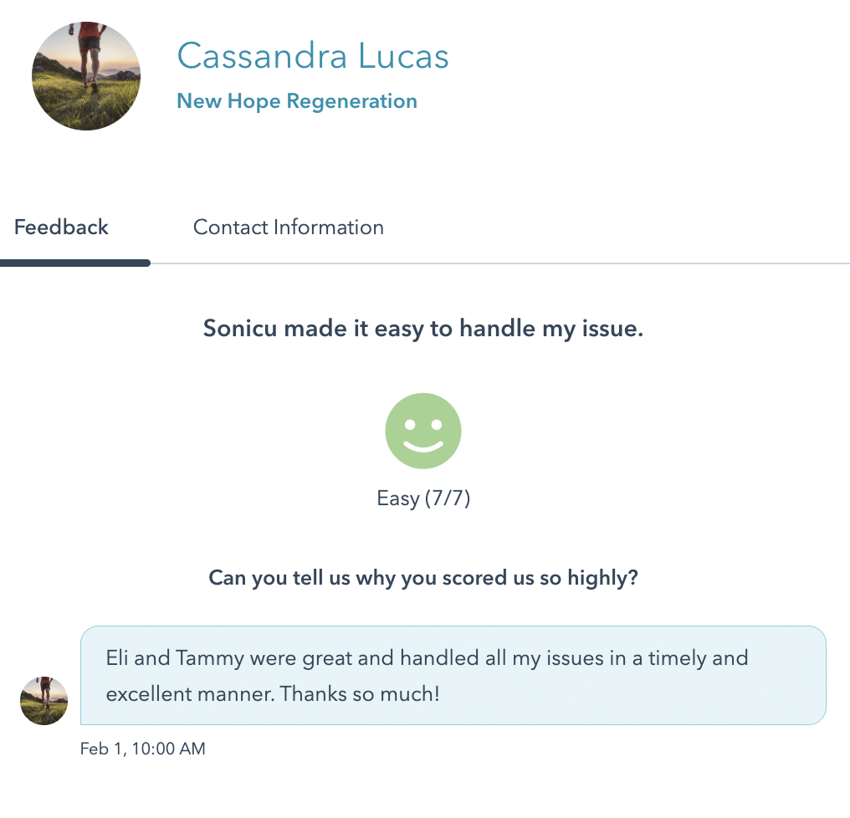
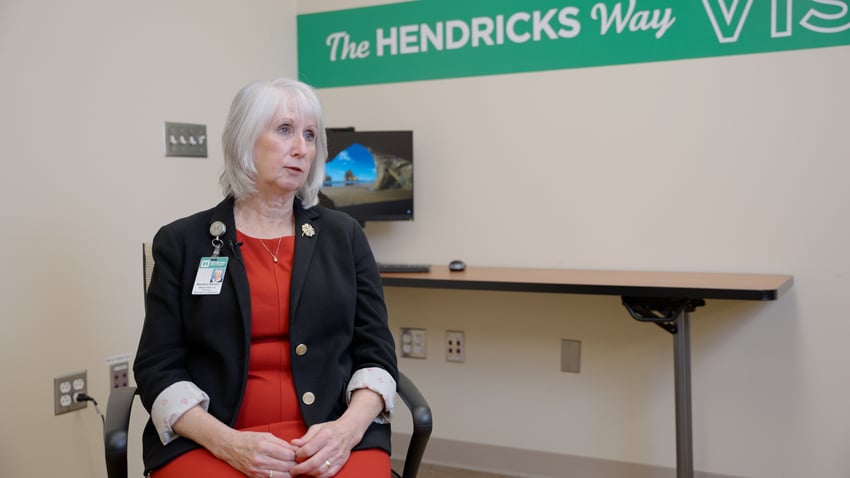 “I like to say that every refrigerator or freezer is like a car in that they all behave a bit differently,
“I like to say that every refrigerator or freezer is like a car in that they all behave a bit differently,
and then every now and then you just get a bad boy who doesn’t want to perform as we need it to,”
Martha Rardin, Director, Nutrition and Dietetics, Hendricks Regional Hospital.
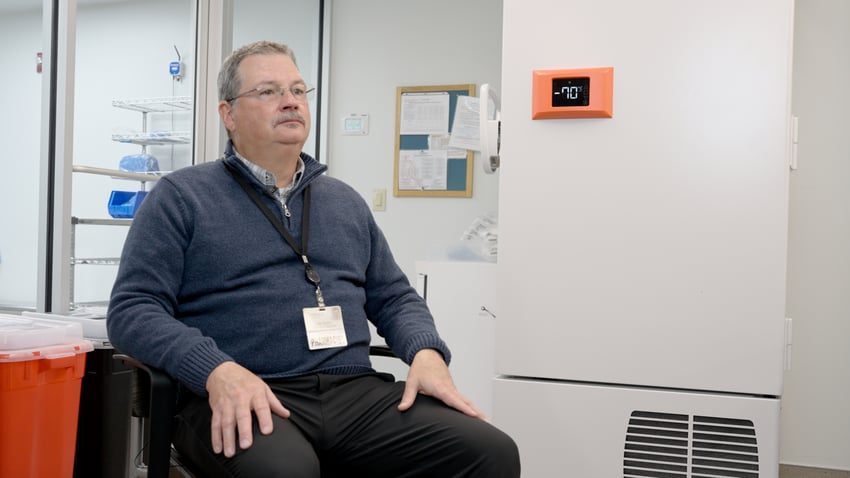 “Sonicu has been a powerful tool to identify which units are behaving out of spec and get our team
“Sonicu has been a powerful tool to identify which units are behaving out of spec and get our team
to fix them before we have a serious issue.”
Tim Livesay, Director, Hancock Regional Hospital Pharmacy Director

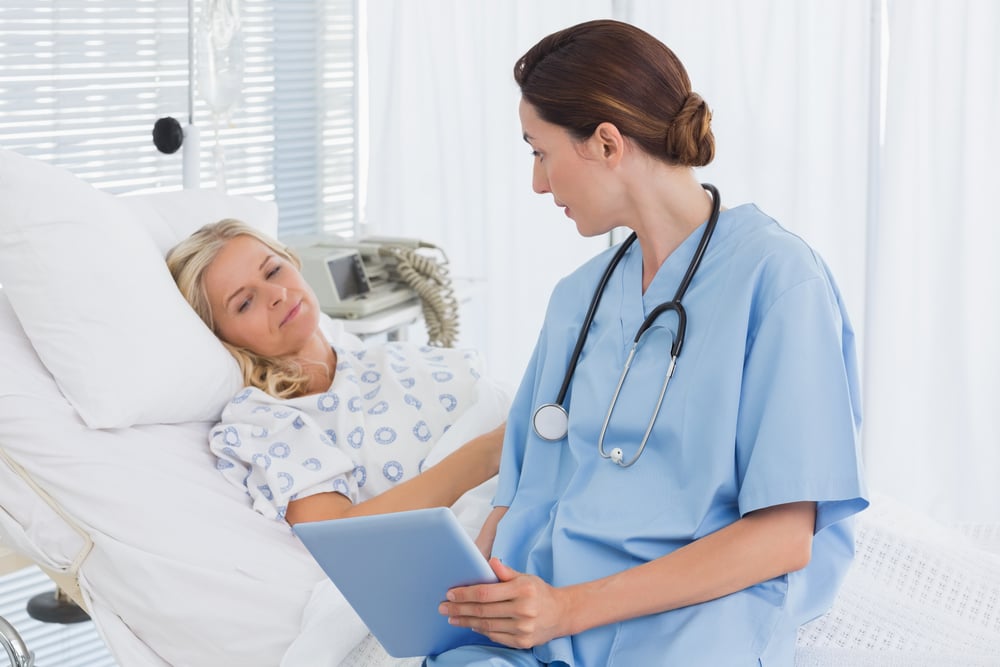
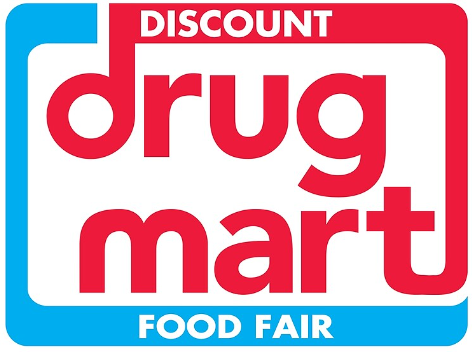
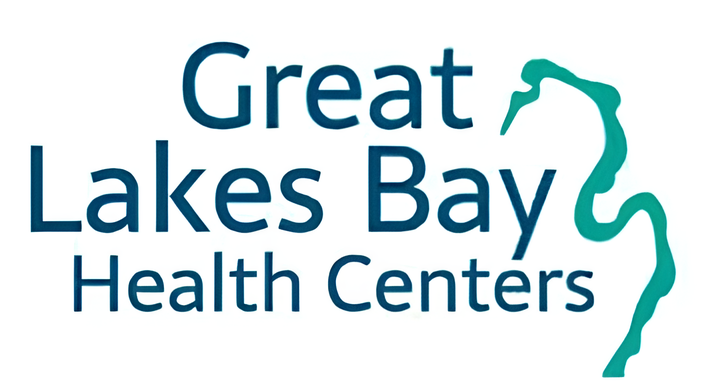

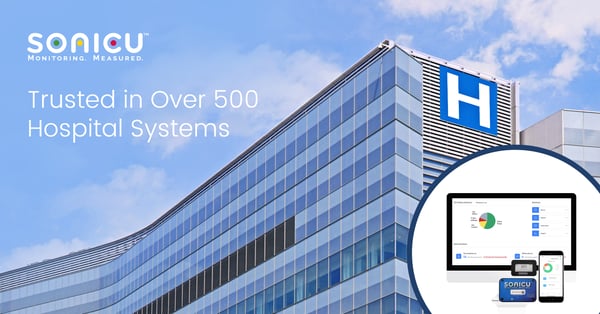
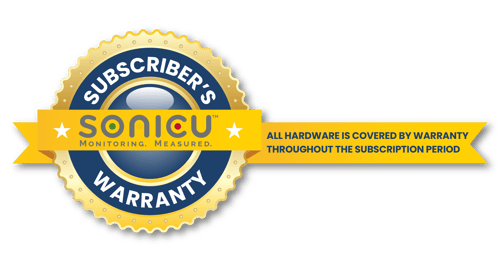


How IU Health
consolidated all of its pharmacy monitoring needs
into one cloud-based platform serving dozen of locations.